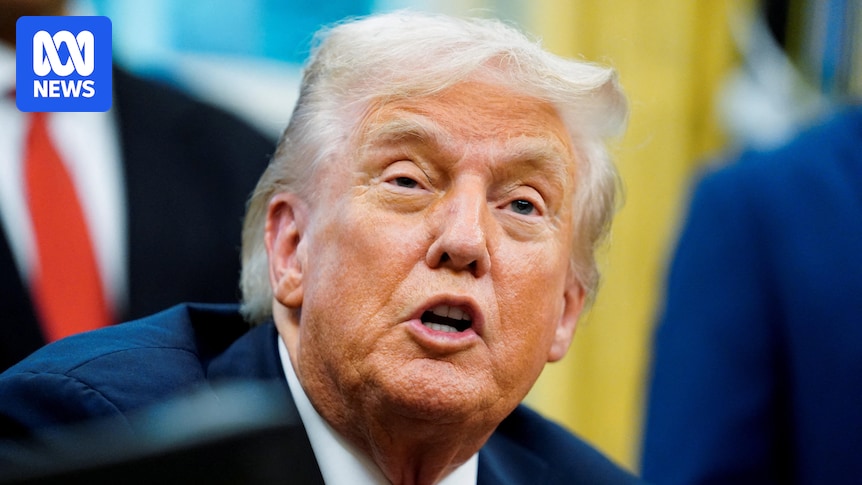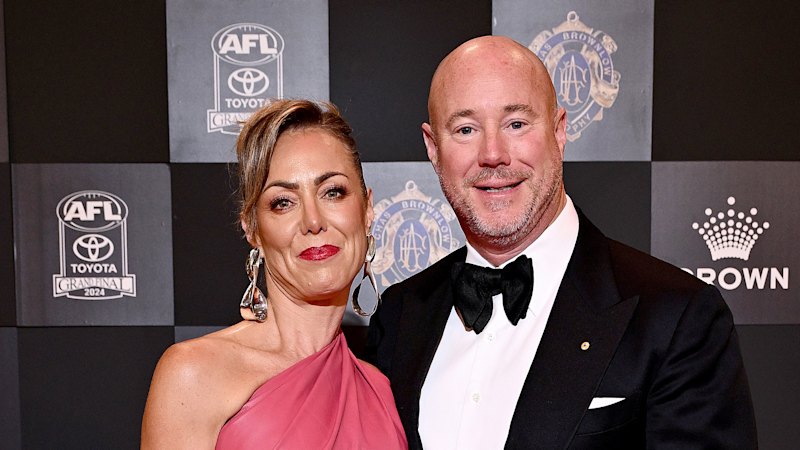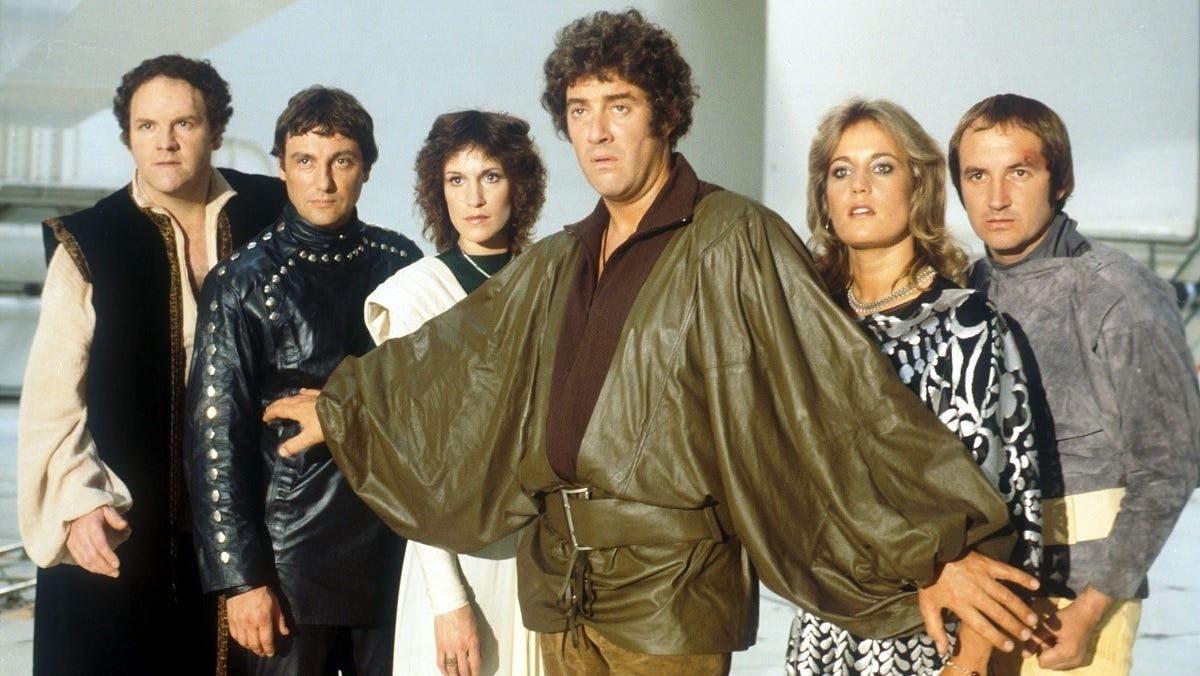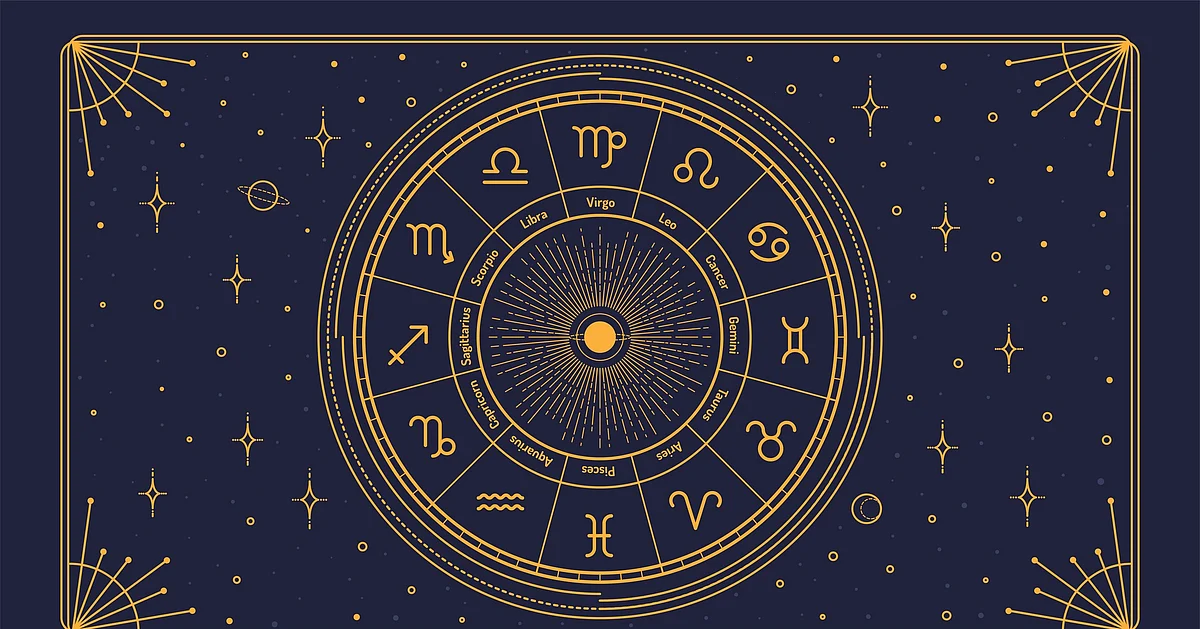
The Nobel Peace Prize winner will be announced this Friday, and former U.S. President Donald Trump is among the hopefuls. Since his first term, Trump has expressed a strong desire to win the prestigious award, citing his efforts in “ending seven wars” and receiving endorsements from various world leaders. However, experts suggest his chances remain slim.
Trump has consistently claimed he “deserves the prize,” highlighting his role in purportedly ending conflicts such as those between Israel and Iran, Rwanda and the Democratic Republic of Congo, and several others. At the UN General Assembly last month, he stated, “No president or prime minister has ever done anything close to that.” Despite his assertions, the Nobel Committee’s criteria may not align with his claims.
Trump’s Claims and the Nobel Criteria
According to the will of Alfred Nobel, the Peace Prize is awarded to “the person who shall have done the most or the best work for fraternity between nations, for the abolition or reduction of standing armies and for the holding and promotion of peace congresses.” Trump’s claims include resolving conflicts between nations such as Armenia and Azerbaijan, and India and Pakistan, among others. He has even suggested the possibility of ending the conflict between Israel and Hamas with his peace plan.
Despite these assertions, experts argue that the Norwegian Nobel Committee tends to favor sustained multilateral peace efforts over quick diplomatic victories. Historian Theo Zenou notes that Trump’s efforts have not yet demonstrated long-term impact. Kristin Sandvik from the Peace Research Institute Oslo adds, “For Trump, we need to see what achievements will stick and what kind of peace is left a couple of years from now.”
Expert Opinions and Challenges
Experts also point to Trump’s disregard for international institutions and global concerns, such as climate change, as potential drawbacks. Zenou remarked, “I don’t think they would award the most prestigious prize in the world to someone who does not believe in climate change.” The Nobel Committee has traditionally honored individuals who embody international cooperation and reconciliation, traits not commonly associated with Trump.
Furthermore, Trump’s vocal self-promotion may be counterproductive. Asle Toje, deputy leader of the current Nobel Committee, mentioned that lobbying for oneself can have a negative effect. “Some candidates push for it really hard, and we do not like it,” Toje told Reuters.
Nominations and Historical Context
Since 2018, Trump has been nominated by several individuals, including Israeli Prime Minister Benjamin Netanyahu. However, nominations from Netanyahu and others were submitted after the January 31 deadline, rendering them ineligible for this year’s prize. They could, however, be considered for the following year.
Historically, four U.S. presidents have won the Nobel Peace Prize: Theodore Roosevelt, Woodrow Wilson, Jimmy Carter, and Barack Obama. Each was recognized for significant contributions to international peace and diplomacy. If Trump were to win, he would join a distinguished list of laureates, including Albert Einstein, Mother Teresa, and Nelson Mandela.
The Selection Process and Announcement
The Nobel Peace Prize is determined by the Norwegian Nobel Committee, which consists of five individuals appointed by the Norwegian parliament. The committee reviews nominations, creates a shortlist, and seeks consensus on the winner. If consensus cannot be reached, a majority vote decides the outcome.
Nominations can be submitted by a select group, including heads of state, national politicians, university professors, and past Nobel laureates. This year, the winner will be announced on October 10, chosen from 338 nominees. While the committee does not confirm the nominees, disclosed names include the International Criminal Court, NATO, and jailed Hong Kong activist Chow Hang-tung.
As the world awaits the announcement, the question remains whether Trump’s ambitions will be realized or if the prize will go to another deserving candidate. The outcome will undoubtedly spark discussions on the criteria and significance of the Nobel Peace Prize in today’s geopolitical landscape.







